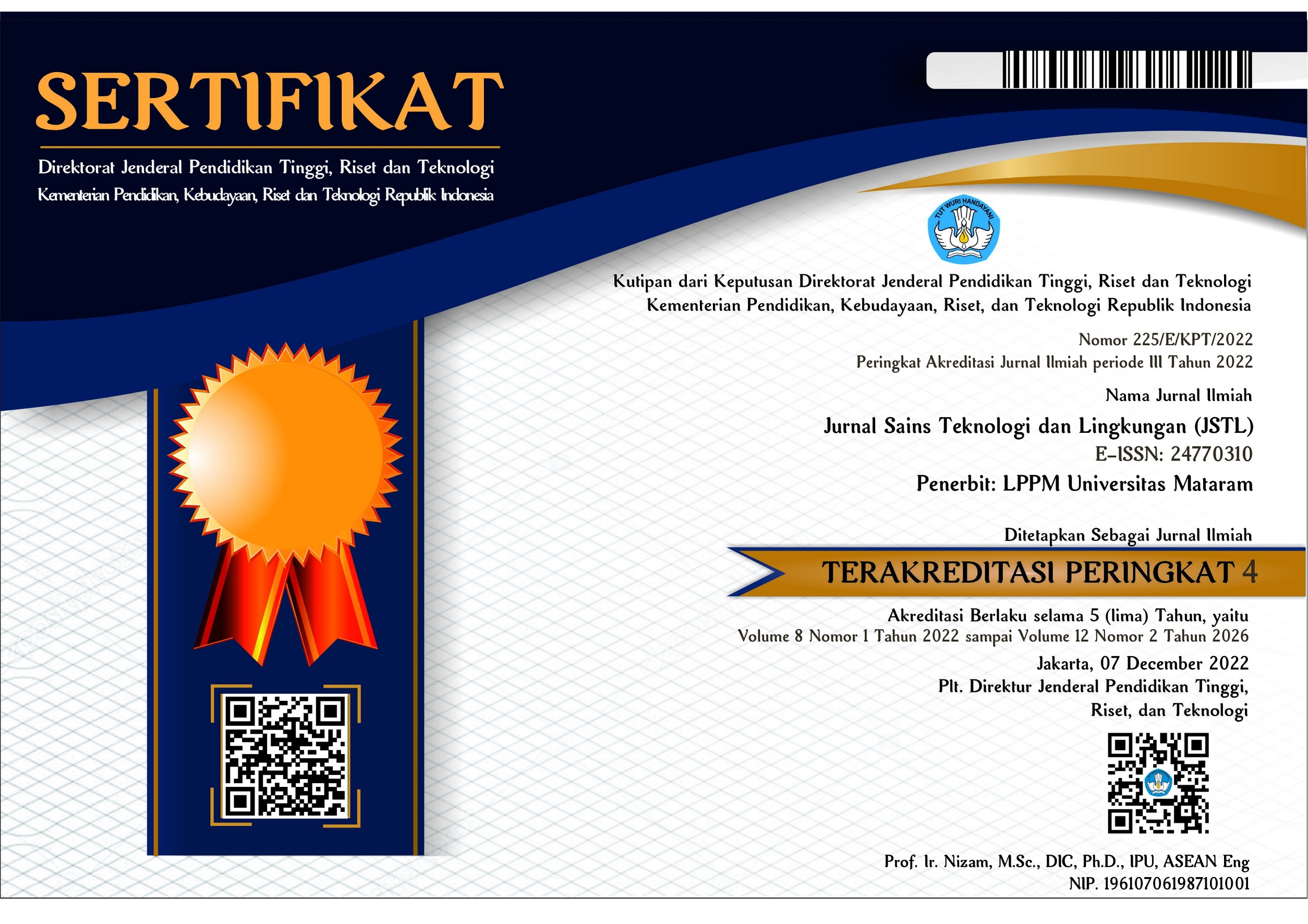Analisis Kepekaan Terhadap Perubahan Temperatur pada Aspal Modifikasi Polimer
DOI:
https://doi.org/10.29303/jstl.v11i2.815Keywords:
penetration index, HDPE, LLDPE, PVC, stryrofoamAbstract
In tropical countries such as Indonesia, high-temperature resistance of asphalt is required to avoid premature damage to road pavement construction. One of the methods to solve this problem is to prepare polymer-modified asphalt. This study aimed to examine the temperature change sensitivity of polymer-modified asphalt using the penetration index value. The polymers used were HDPE, LLDPE, PVC, and styrofoam. Based on the analysis, it was concluded that the conventional asphalt 60/70 used in this study did not satisfy the minimum softening point requirement of 48 °C. With the use of polymers, modified asphalt is produced with a higher hardness than unmodified asphalt. Compared to other polymers, LLDPE-modified asphalt has the lowest penetration index value and is the most sensitive to temperature changes, making it more susceptible to permanent deformation. At all the styrofoam concentrations used, the penetration index was negative, while a positive penetration index value was achieved with 3% and 4% PVC. In HDPE-modified asphalt, the use of polymers has a significant impact and produces the highest penetration index. This indicates that HDPE-modified asphalt is more resistant to temperature changes and exhibits better performance under various weather conditions In tropical countries such as Indonesia, high-temperature resistance of asphalt is required to avoid premature damage to road pavement construction. One of the methods to solve this problem is to prepare polymer-modified asphalt. This study aimed to examine the temperature change sensitivity of polymer-modified asphalt using the penetration index value. The polymers used were HDPE, LLDPE, PVC, and styrofoam. Based on the analysis, it was concluded that the conventional asphalt 60/70 used in this study did not satisfy the minimum softening point requirement of 48 °C. With the use of polymers, modified asphalt is produced with a higher hardness than unmodified asphalt. Compared to other polymers, LLDPE-modified asphalt has the lowest penetration index value and is the most sensitive to temperature changes, making it more susceptible to permanent deformation. At all the styrofoam concentrations used, the penetration index was negative, while a positive penetration index value was achieved with 3% and 4% PVC. In HDPE-modified asphalt, the use of polymers has a significant impact and produces the highest penetration index. This indicates that HDPE-modified asphalt is more resistant to temperature changes and exhibits better performance under various weather conditions.Downloads
Published
2025-06-15
Issue
Section
Articles
License

This work is licensed under a Creative Commons Attribution-NonCommercial-ShareAlike 4.0 International License.


1.png)











